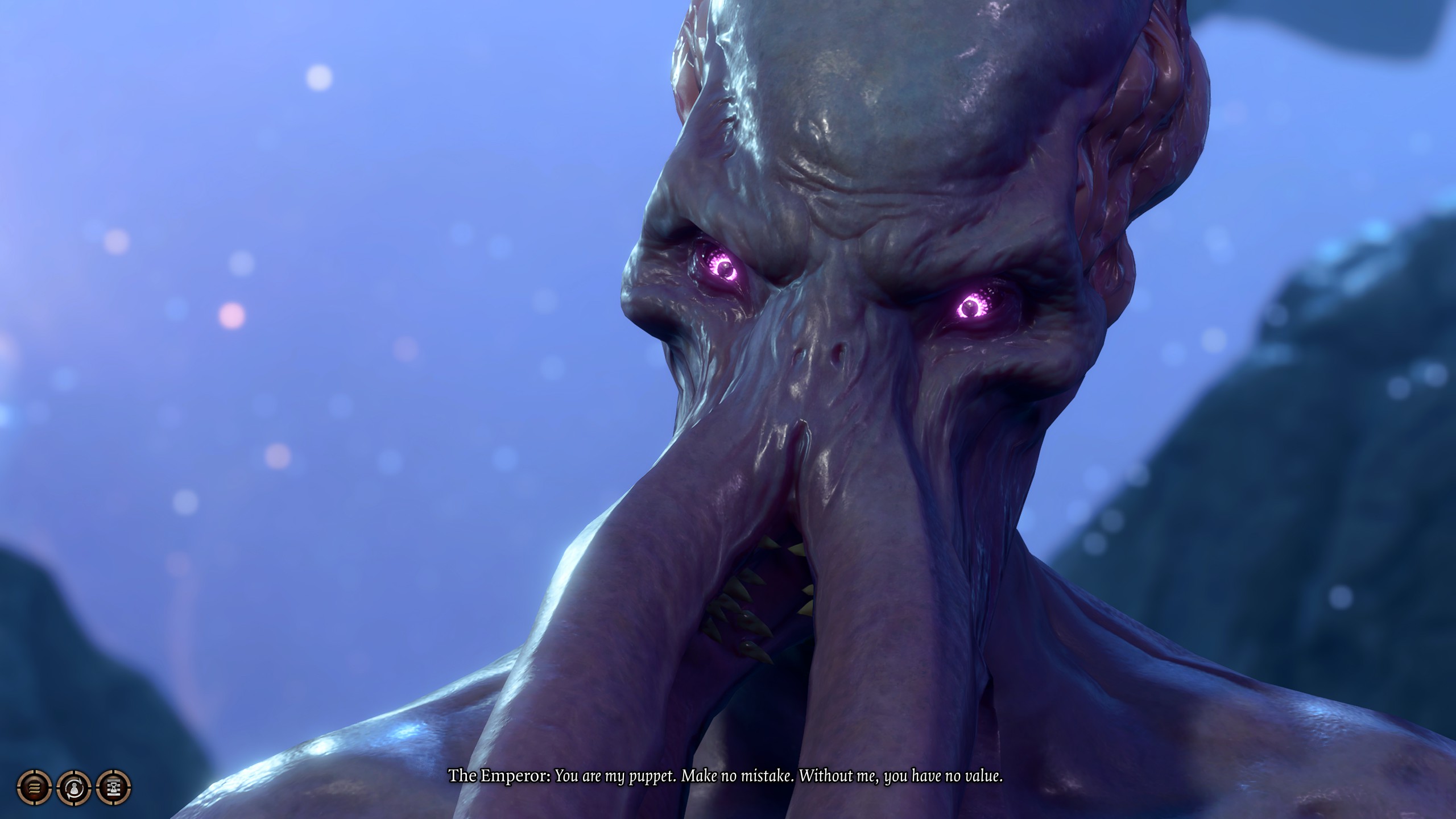In Baldur's Gate 3, the decision to kill your Dream Visitor (who is later revealed to be the Emperor) is a significant one with major narrative consequences. This option typically presents itself in Act 3.
Key Considerations and Outcomes:
- When it Happens: The most direct opportunity to kill the Emperor arises when you retrieve the Orphic Hammer and have the choice to free Orpheus. Siding with Orpheus will inevitably lead to a confrontation with the Emperor, whom you can then kill. Earlier, more hostile interactions can also foreshadow this path, but the definitive moment is usually tied to Orpheus's fate.
- Immediate Consequences:
- If you kill the Emperor, they will no longer be your ally or guide against the Absolute.
- The protection they offered against the Grand Design and ceremorphosis will be gone, requiring an alternative solution.
- Alternative Protections:
- Freeing Orpheus: If you kill the Emperor to free Orpheus, Orpheus himself can then provide the necessary psionic protection against the Absolute. He becomes a key ally.
- Becoming a Mind Flayer: If Orpheus is not freed or if another path is taken, one of your party members (or yourself) might need to undergo ceremorphosis to wield the Netherstones and defeat the Netherbrain.
- Narrative Impact:
- Killing the Emperor significantly alters the final act of the game and the available endings.
- It opens up storylines focused on the Githyanki rebellion and the fate of Prince Orpheus.
- Your companions will react to this decision, with some approving (e.g., Lae'zel if you side with Orpheus) and others potentially disapproving.
- Is it a "Good" or "Bad" Choice? There's no objectively "correct" choice. Killing the Emperor can be seen as:
- A betrayal: They have, up to a point, protected you.
- A necessary evil: To free Orpheus and stop a different form of control.
- A pragmatic decision: Based on who you trust more or which outcome you prefer.
In summary: You can kill the Dream Visitor (Emperor). Doing so removes them as an ally and protector, forcing you to rely on Orpheus or make a significant sacrifice (like one character becoming a Mind Flayer) to combat the Absolute. It's a pivotal choice leading to distinct endgame scenarios.











